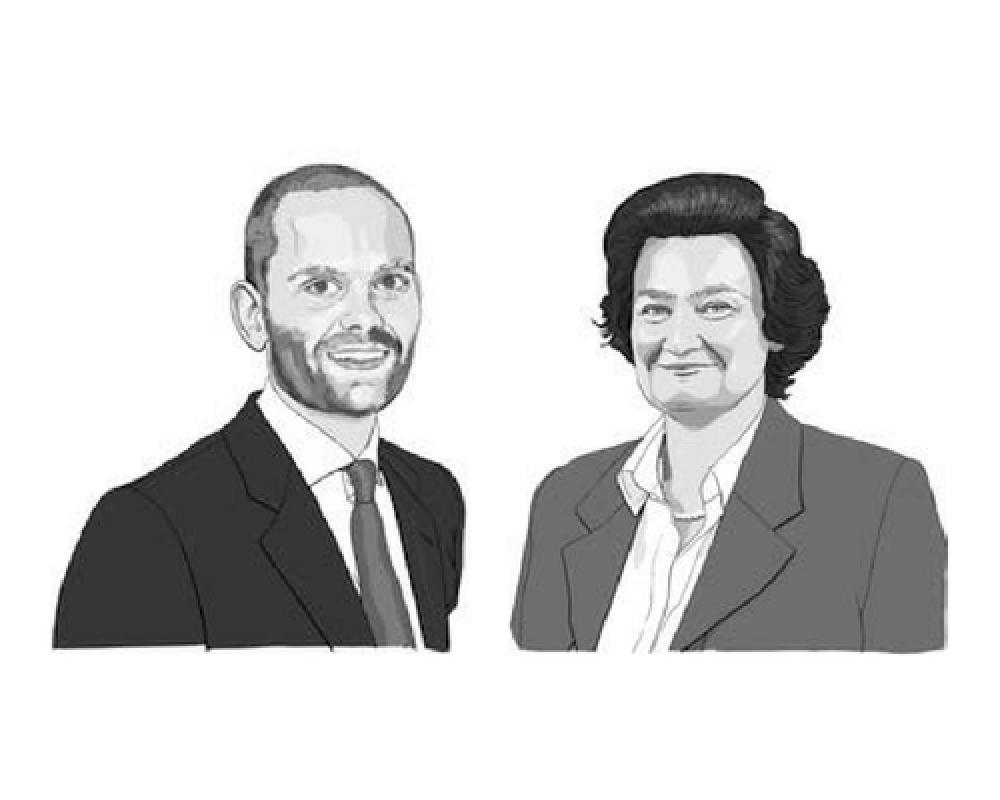
Core & More aims to present corporate reporting ‘smarter’ by organising financial and non-financial information in a more connected, logical and structured way. Key information that is likely to be relevant for a wide range of stakeholders would be captured in the Core report, and supplementary details for a more specific audience would form the More reports.
By Ben Renier and Hilde Blomme
Corporate reporting is how companies communicate with stakeholders as part of their accountability and stewardship obligations. The users need high quality and concise corporate reporting. People want to know more about how companies operate. In the past, companies made primarily use of financial reporting to communicate on their position and performance to stakeholders. Now they acknowledge the need to communicate to the wider public, including also the non-financial information angle like environmental, social, governance and other operational matters.
With this paradigm shift on how and for whom to report, the objective of the corporate reporting itself is being questioned.
Accountancy Europe has initiated a broad stakeholder debate on enhancing corporate reporting with its 2015 paper The Future of Corporate Reporting – creating the dynamics for change. This publication puts forward an innovative approach to corporate reporting, the Core & More concept. We further clarified Core & More in our paper Core and More: an opportunity for smarter corporate reporting (September 2017)
The Core & More concept encourages corporate reporting in a more connected way and for a wider stakeholder audience. The idea is to bring the most relevant information on the company together in a well-structured summary (Core), from which users can then dive into more specific details according to their needs (More). This could replace today’s practice of siloed reporting where different stand-alone reports lack an overarching summary and structure.
The Core pillar is envisaged as a short and concise overarching report, covering the most relevant and material information about the company. The Core report would contain what is deemed important to all involved stakeholders. The detailed information captured in the More reports would have a more specific audience. Most of the Core, together with selected More reports or parts of them, would likely comply with the legal reporting requirements as currently fulfilled by the annual report.
Although the Core & More concept doesn’t aim to define the content of corporate reports, we have some ideas. For example:
In Core & More, we also address the impact that technology will have on corporate reporting. Stakeholders already expect a move towards online reporting. In a digital Core & More report, links and technology will help readers find the information that matters most to them. Someone needing further details on a topic presented in the Core report could easily access the relevant More report thanks to a simple hyperlink. The executive summary in the Core report could even be accompanied by a dashboard based on the user’s preferences. The Core & More concept is consistent with integrated reporting <IR>. Both concepts recommend reporting that is crucial to understanding the value creation of organisations. The International Integrated Reporting Council should certainly continue to fine-tune and develop its framework.
Experimentation in the market will be instrumental to develop new reporting concepts such as Core & More. However, innovation must be fostered and encouraged. Key stakeholders, including policymakers and regulators, should cooperate to help generate the right balance between policies, regulation and innovation. A successful example of experimentation is the Financial Reporting Lab in the UK (the Lab). It brings together preparers and investors to help market players to innovate and improve corporate reporting. The Lab provides a safe environment, a collaborative approach and an opportunity to test examples to identify best practices. A similar Corporate Reporting Lab at EU level can help foster innovation in the corporate reporting arena. It would facilitate the exchange of best practices between countries.
To ensure next steps for the future of corporate reporting, we call:
Shaping this debate is an ongoing effort at Accountancy Europe. Looking for ways forward, we are:

BEN RENIER is a certified auditor (Belgium). He is an expert in both corporate and public-sector reporting and is driving Accountancy Europe’s Future of Corporate Reporting initiatives. He has recognised technical expertise in IFRS and IPSAS.

HILDE BLOMME is a certified auditor (Belgium), MBA, FCCA, CPA and Deputy CEO of Accountancy Europe. She focuses on supporting and advising its governing bodies related to public policy and technical matters, co developing its strategy and representing the organisation
Source: The Reporting Times